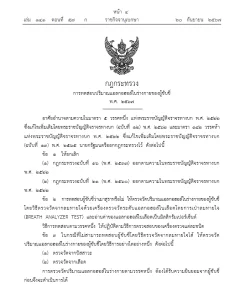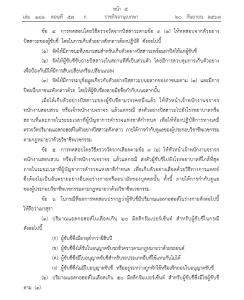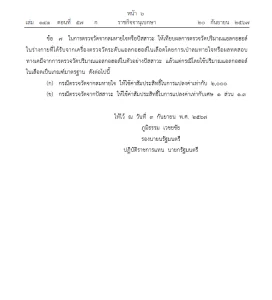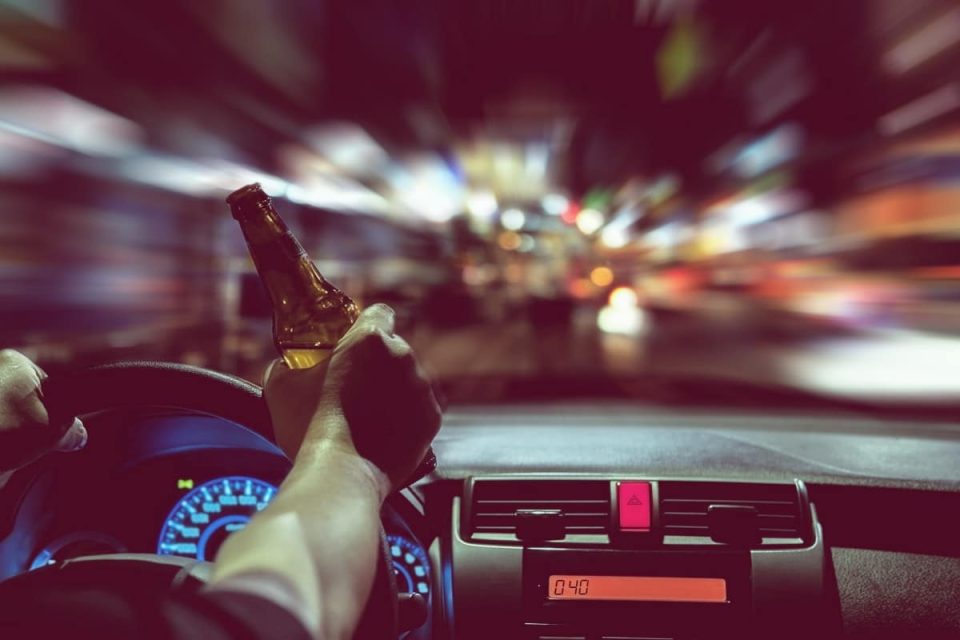The Thai Royal Gazette has issued a new ministerial regulation on alcohol testing for drivers under the Traffic Act of 2024. This regulation replaces the 1994 and 2017 versions, introducing updated procedures for measuring drivers’ alcohol levels.
The primary method for testing will be breathalyzer devices, with urine and blood tests serving as alternatives when breath tests are not feasible. However, these alternative tests require the driver’s consent before they can be administered.
For urine tests, drivers must provide a sample in a private setting, with police supervision to ensure the integrity of the sample. The sample is then sealed, labeled, and sent to a certified hospital for analysis. In cases where a blood test is necessary, police will escort the driver to the nearest hospital, where the sample will be taken under medical supervision.
The new regulation also tightens alcohol limits for certain groups of drivers. Drivers under 20 years old, those with temporary licenses, and those without a valid license will be considered legally intoxicated if their blood alcohol content (BAC) exceeds 20 mg%. For all other drivers, the legal limit is set at 50 mg%.
This regulation is part of the Thai government’s effort to enhance road safety, particularly for younger and less experienced drivers.







